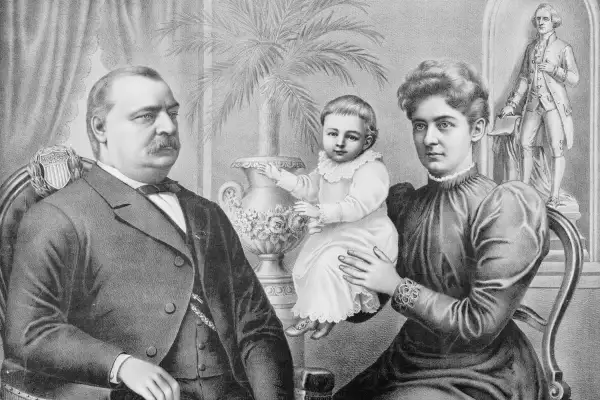Is College Worth It? How One U.S. President Tried to Settle the Question

Whether a college education is worth the money, time, and effort is a subject of hot debate these days. But the question is hardly a new one. In fact, it has flared up repeatedly throughout American history, especially in periods of economic woe.
Even in 1900, it was so much on the public mind that The Saturday Evening Post called on former President Grover Cleveland to settle the question once and for all.
His essay “Does a College Education Pay?,” though rather long-winded and ornately written by current standards, ultimately comes down on the side of yes.
As he makes his case, Cleveland first looks at the naysayers and their motives.
One group, he says, consists of people with “a kind of sullen, sodden hatred of all education above the lowest and most rudimentary variety.” He suggests just ignoring them.
The next group was a little harder to disregard, however— what Cleveland refers to as “so-called self-made men.” They, he writes, often believe “that their own success indicates that the slight education they have been able to gather, and which has answered their needs, must be sufficient to compass success in all other cases.”
Still another group, he notes, is made up of people who enjoy pointing out that a college education is no guarantee of success and that college-educated failures seem to be in ample supply.
To them, Cleveland counters that the proportion of college graduates who might be considered failures is far lower than that of non-graduates. And then—echoing another lively debate of our time —he asks whether equating success to wealth is really the right measure.
He writes, “Many a college-bred man labors in the field of usefulness without either wealth or honors, and frequently with but scant recognition of any kind, and yet achieves successes which, unseen and unknown by the sordid and cynical, will bloom in the hearts and minds of men longer than the prizes of wealth or honors can endure.”
Interestingly, Cleveland himself never went to college, apparently because he couldn’t afford to. Instead he studied law on his own and became a lawyer before turning to politics. He also holds the distinction of being the only U.S. president to serve two non-consecutive terms, earning his place in history as both the 22nd president and the 24th.